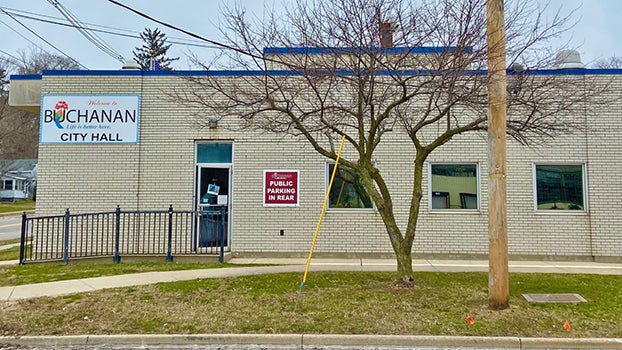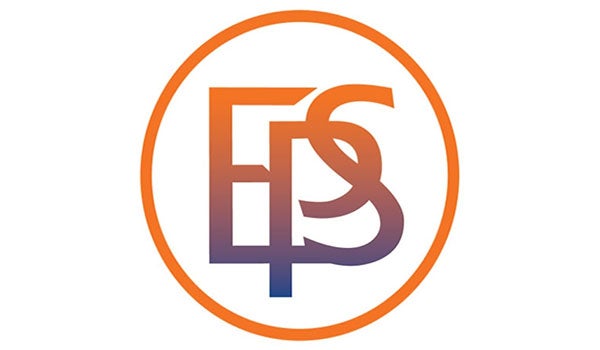Michigan families urged to check air quality before participating in outdoor activities this weekend
Published 11:10 am Friday, June 30, 2023

- Michiganders are being strongly urged by the Michigan Department of Health and Human Services to check the air quality index before participating in outdoor activities. (Submitted)
|
Getting your Trinity Audio player ready...
|
LANSING — Heading into a holiday weekend, Michiganders are being strongly urged by the Michigan Department of Health and Human Services to check the air quality index before participating in outdoor activities.
“Emergency departments are starting to see an increase in individuals complaining of asthma symptoms,” said Dr. Natasha Bagdasarian, MDHHS chief medical executive. “Smoke from Canadian wildfires continues to affect air quality across the state. We are urging Michiganders to check the Air Quality Index regularly this weekend to decide if they should be participating in outdoor activities and what actions they should take to keep themselves and their families safe.”
MDHHS has concluded, using the National Syndromic Surveillance System, that Michigan experienced higher than expected emergency department visits Wednesday, June 28, due to asthma complaints. Michigan has 146 of 149 emergency departments in the state submitting data into the syndromic surveillance system. Studies have shown that even short periods of exposure to elevated levels of fine particulate (PM2.5), which is in wildfire smoke, can trigger asthma attacks requiring emergency medical treatment.
The Air Quality Index (AQI) is a color-coded way for residents to see what the levels of some types of air pollution are in their area. The higher the AQI, the worse the air quality is and the more cause for concern.
Live color-coded air quality conditions that indicate if air quality is healthy (green) or unhealthy (yellow, orange, red and purple), along with steps to protect your health, can be found at the AirNow website and mobile app. Residents can also sign up for alerts through the EnviroFlash system. This subscriber system allows you to choose the area you would like to get alerts for, and it will send alerts directly to email or send a text message.
MDHHS has set up a hotline for Michigan residents to ask health-related questions related to air quality issues. The number is 800-648-6942, and is available Monday through Friday, 8 a.m. to 5 p.m., excluding holidays.
Currently the AQI for particulate matter is high in many parts of Michigan due to smoke from Canadian wildfires that are expected to last for several more weeks. In Southeast and West Michigan, an Action Day Advisory for ozone has also been issued. It is recommended Michigan residents regularly check AQI while the wildfires persist.
Anyone can get sick from exposure to wildfire smoke, but some people are more sensitive to particle pollution. Older adults aged 65 and older, pregnant people, children, and people with lung and heart conditions may be more likely to get sick if they breathe in wildfire smoke. Symptoms from breathing in particle pollution can include wheezing, coughing and shortness of breath. If you have asthma, follow your asthma control action plan or contact your health care provider if you have symptoms. If you have heart disease and experience these symptoms, contact your healthcare provider.
The most protective option when air is unhealthy is to stay indoors with air conditioning, reduce strenuous activities and limit outdoor activities. If you must be outside, N95 masks offer enhanced protection when used according to product instructions.
During unhealthy for sensitive groups (AQI orange) to unhealthy for everyone air quality events (AQI red), MDHHS advises the following:
For people with heart or lung disease, pregnant people, older adults aged 65+, children and teens it is suggested to take the following steps to reduce exposure:
- Avoid strenuous outdoor activities.
- Keep outdoor activities short.
- Consider moving physical activities indoors or rescheduling them.
For everyone else:
- Choose less strenuous activities (like walking instead of running) so you don’t breathe as hard.
- Shorten the amount of time you are active outdoors.
- Be active outdoors when air quality is better.
During very unhealthy (AQI purple) or hazardous for everyone (AQI maroon) air quality, MDHHS advises the following for everyone:
- Stay indoors with the doors and windows closed using MERV-13 or better air filtration.
- Seek shelter elsewhere if you do not have an air conditioner and it is too warm to stay inside with the windows closed. Call or text 211 or contact your local health department to find out if there is a shelter or cooling center nearby.
- Use air filters to improve indoor air quality. Whether you have a central air conditioning system or a portable room unit, use high efficiency filters to capture fine particles from smoke. If you don’t have access to those filter systems, you can create a temporary air purifier with a 2012 or newer box fan and attaching a MERV-13 or higher air filter to it. Information is available online.
- Keep activity levels low.
- Avoid outdoor activities.
- Use N95 style masks if you have to be outside.
- Surgical and cloth masks are not recommended as they are not designed to prevent breathing in the fine particulate matter in wildfire smoke.
Michiganders can also help reduce their contributions to unhealthy air conditions during air quality events through the following actions:
- Do not add to indoor air pollution. Do not burn candles or use gas, propane, woodburning stoves, fireplaces or aerosol sprays. Do not fry or broil meat, smoke tobacco products or vacuum.
- Reduce outdoor air pollution. Reschedule any burning or activities that add dust, smoke and particulate matter to the air, including campfires.
- Reduce vehicle trips and vehicle idling as much as possible and reduce how often you refuel vehicles.






